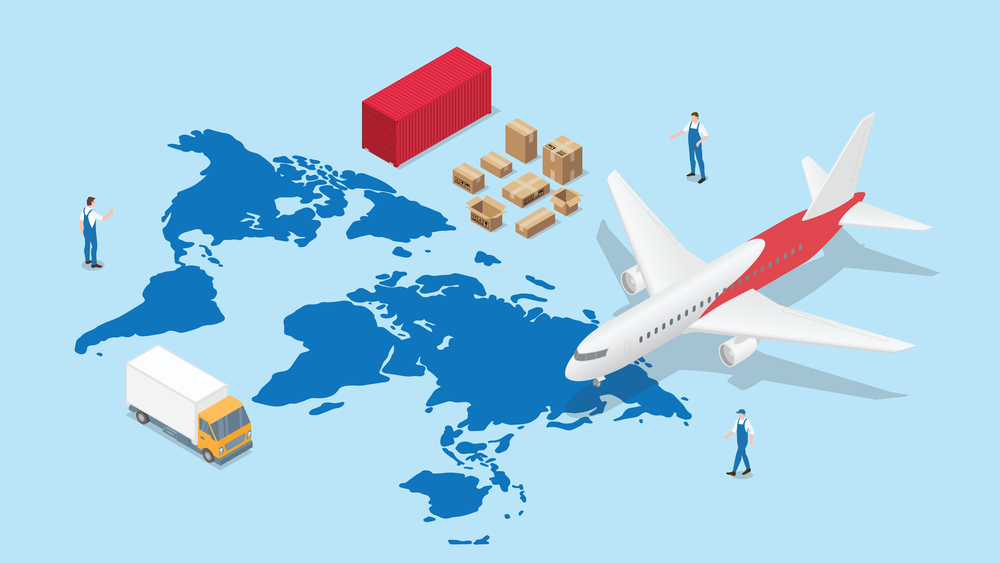

Going through my files last week, I found an excellent essay, “East-West Trade,” by the late Benjamin A. Rogge. He was a long-time economics professor at Wabash College in Crawfordsville, Indiana. I joined the Libertarian Club in my second year at the University of Winnipeg, 1968-69; he was the first speaker the club invited after I joined. He impressed me as both a very good economist and a really nice man.
The essay in Cato Essay No. 4, published by the Cato Institute when it was in San Francisco. I was a senior policy analyst there from August 1979 to April 1980, and coming up with Cato essays was part of my job. But I have a vague recollection that this came out shortly after I resigned. The essay is based on a talk he gave at a meeting of the Intercollegiate Studies Institute in Indianapolis in December 1967. That was 14 months before I met him in Winnipeg.
Unfortunately, I can’t find it on the Cato website. So I’ll settle for quoting some of the best lines.
Economists behind the Iron Curtain
I would like to cite a recent experience of my own. In September of 1967, at a conference in Rapallo, there was a meeting between economists from behind the Iron Curtain and economists from this country. At the end of the conference, Milton Friedman, who had participated in it, came over to the Mt. Pelerin Society meeting and gave us a report. He said the Rapallo meeting was one of the most exciting things he had ever seen. He found more good words being said about the market economy by the economists from behind the Iron Curtain than he had ever heard in America.
Democratic Senator Warren Magnuson on Trade with Communist Countries
I read a statement recently by Senator Warren Magnuson (D-WA), who is a strong advocate of free trade, who said in essence: If you are a Communist state in Eastern Europe, and have an unquenchable thirst for the products and know-how of the West, some interesting things will happen. For one thing, in selecting managers, you become less concerned with party loyalty and become more concerned with ability and ambition, that is, you become more concerned with profits, a word which begins to gain respectability. Then, you will turn to marketing incentives. Labor and management will be rewarded not solely for producing the quota, but for producing quality. The export executives must learn English. They must travel in the West. In sum, Magnuson concluded, we will have a stake in a new breed of Communist traders, because they will have a stake in us.
DRH note: I’m not sure Magnuson was right. I simply found this statement interesting.
Kosygin the Economist
I think we have to recognize that the present generation of Soviet leadership is not going to last forever. Someone is going to take its place. That “someone” is going to rise from the middle echelon of the Soviet bureaucracy, just as Kosygin and Brezhnev rose from the ranks. Increasingly, successful generations of leadership are going to be bred in the economic system (Kosygin himself was a textile economist), and if we can get through to the economic structure by way of infusing our new technology, I think we are going to impose some “liberalizing” influence on the future Soviet leadership. It may be the only possible way that there can come a breaking down of the monolithic structure.
Two things about the quote above. First, I had no idea that Alexei Kosygin was an economist. Second and more important, did Rogge, in 1967, anticipate someone like Gorbachev coming after Brezhnev and Kosygin?
Rogge’s Implicit Foreign Policy Non-Interventionism
It has always seemed to me that conservatives (as well as modern liberals) tend to take a somewhat romantic view of the human drama, seeing it as essentially a contest between the forces of unlimited good and unlimited evil, acted out by men who can be classified as either heroes or devils.
I offer as evidence of this a statement by my colleague Richard V. Allen: “In the past, our [United States] exercise of national power has been for the interests of mankind, and not for selfish and ‘imperialistic’ interests dominated by any one group.” This is a curious reading of American history and one that some Mexicans, Filipinos, Hawaiians, Nicaraguans, and Cubans might be prepared to challenge.
More Non-Interventionism from Rogge
I could never be interested in a holy crusade to free South Africa from its Afrikaner leadership. In the same way, I am not interested in a holy crusade to save the South Vietnamese from the N.L.F. or the Cubans from Castro. We have fought too many holy wars in the history of this world, and each has itself produced the new fanatics against whom the next crusade must be launched. Lenin, Stalin, Hitler, and Mussolini were uniquely products of World War I.
There is so much else good in this essay. I hope Cato puts it on its website. Or maybe it’s there and I can’t find it.
The picture above is of Ben Rogge.

READER COMMENTS
Don Boudreaux
Dec 5 2022 at 12:30pm
This Rogge essay – which is indeed excellent – is reprinted as a chapter in the 2010 collection, edited by Dwight Lee and published by Liberty Fund, of some of Rogge’s essays; the collection is titled A Maverick’s Defense of Freedom.
David Henderson
Dec 6 2022 at 11:40am
Thanks, Don.
Comments are closed.